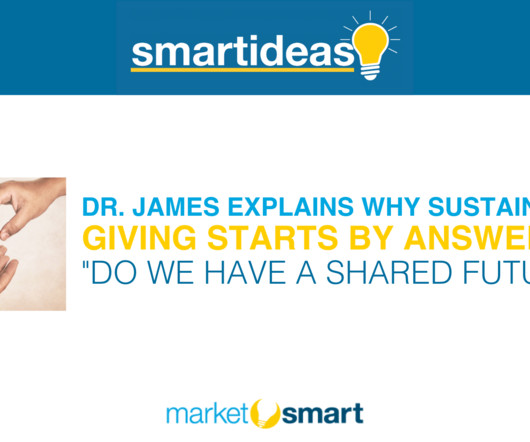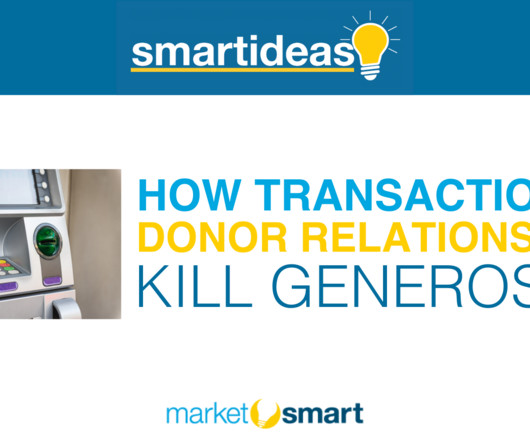The Psychology of Giving: 18 Tips to Increase Donor Retention and Lifetime Value
Nonprofit Megaphone
APRIL 17, 2023
This is where understanding the psychology of giving comes into play. By gaining an understanding of why people give and what motivates them to continue giving, non-profits can develop strategies to increase donor retention and lifetime value. In this article, we will explore 18 tips to help non-profits achieve these goals.












Let's personalize your content